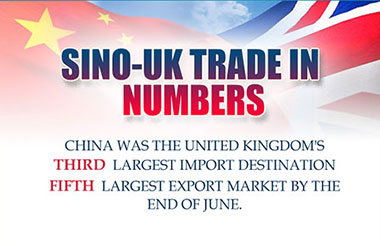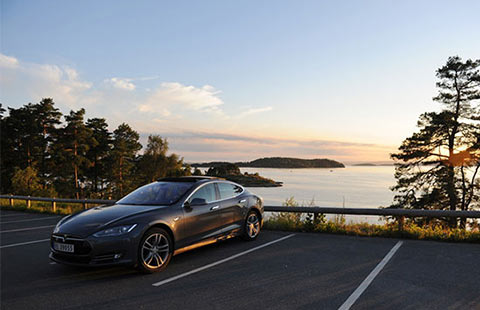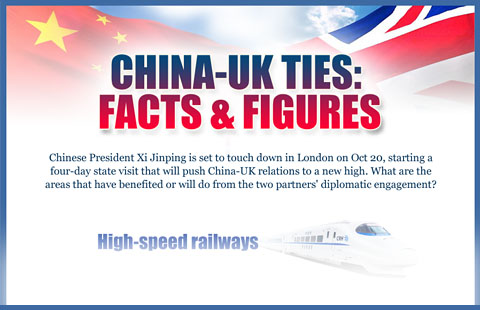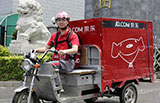Soup, noodles with curry, roti is Asian recipe for China-India win-win
By SIVA SANKAR (China Daily) Updated: 2015-10-22 07:28Now, e-commerce is a booming sector in India. A few startups are already unicorns. But none can still match JD.com or Taobao, in terms of quick service at no extra cost. I see this as expertise that can be exported to India and monetized.
Why, Beijing's waste disposal system seems to be far superior to Mumbai's. I have not seen stinking garbage falling off overloaded, poorly covered rubbish transport vehicles. I noticed that a Chaoyang district rubbish-processing unit is largely odorless. There is scope for city-level cooperation between Chinese and Indian municipal bodies.
India could be key to China's "Made in China 2025" policy that underlines high-speed rail, new-energy vehicles and information technology. India needs high-speed trains badly. India's Railway Minister Suresh Prabhu is considered pragmatic, so, with some carpe diem spirit, China could win some big export orders. India's expertise in information technology can energize China's push to upgrade its manufacturing sector.
On my Mumbai-Chengdu flight, my co-passenger was Kapil Patil, managing director of Unikorn Coatings, a Nashik, Maharashtra-based firm, who was on his way to buy a Chinese machine that can make powder-coated paint for industrial use. That's money flowing into China from India.
Rather than seeing each other as competitors, if China and India ride the citizen-level natural bonding and rise above political and ideological differences to tread common economic ground to prosperity, Asia would drive this century.
- Google picks up stake in Chinese company Mobvoi
- Soup, noodles with curry, roti is Asian recipe for China-India win-win
- Legoland draws up blueprint for Shanghai park
- Dyson plans clean sweep in China
- Trial run considered for individuals to invest overseas
- 'China not to blame for UK steel woes'
- Top 19 Chinese CEOs accompanying Xi to UK
- Misfit launches new smart band in Beijing














